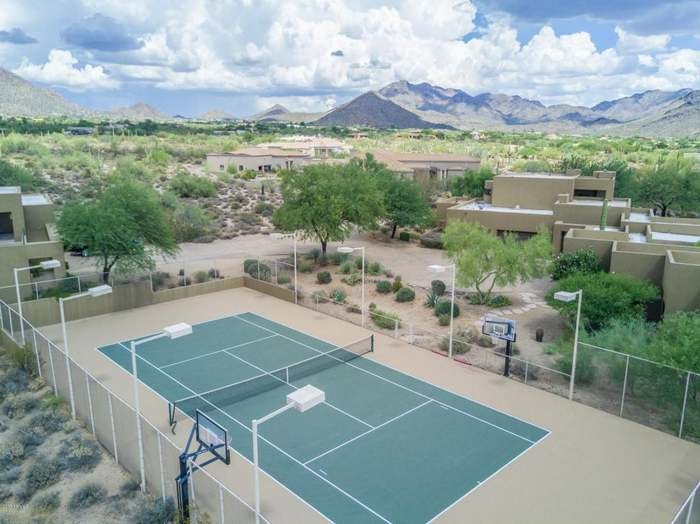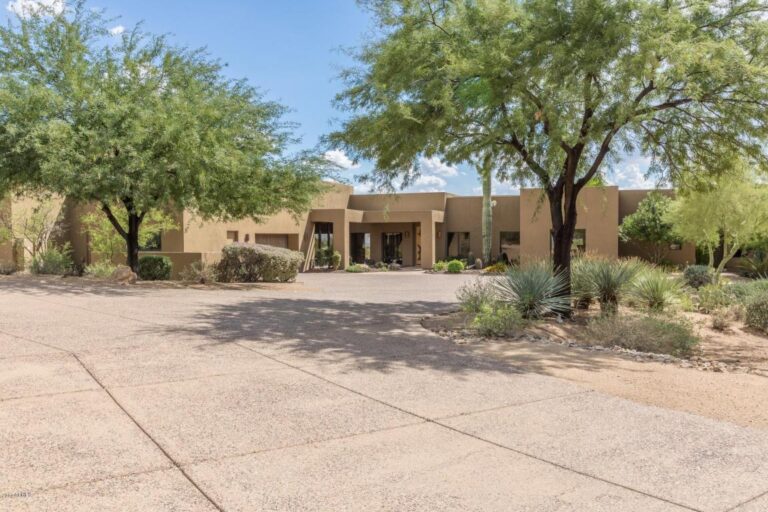If you’re searching for a compassionate tms therapy program arizona that addresses both addiction and underlying mental health challenges, you’re not alone. At HART Rehab, our TMS therapy program in Arizona offers a non-invasive, evidence-based approach to support you on your journey toward lasting recovery. By stimulating key regions of the brain with targeted magnetic pulses, TMS can help rebalance mood, reduce anxiety, and improve resilience without surgery or anesthesia.
We understand that recovery is never one-size-fits-all. That’s why we integrate transcranial magnetic stimulation with a full continuum of care—from medically supervised detox to residential treatment, outpatient services, medication assisted treatment, and specialized therapies. Whether you’re new to rehab or seeking support for treatment-resistant depression or anxiety, our team in Arizona is committed to creating a personalized path that honors your unique strengths and challenges.
Furthermore, you’ll benefit from therapies like cognitive behavioral therapy (CBT), dialectical behavior therapy (DBT), equine therapy, experiential programs, and more. Each component of our program is designed to build skills, foster connection, and address the root causes of substance use. Read on to explore how HART Rehab combines TMS therapy and comprehensive care to empower you in every phase of your recovery journey.
Understanding TMS therapy
What is TMS therapy?
Transcranial magnetic stimulation (TMS) uses focused magnetic fields to activate nerve cells in regions of the brain that regulate mood and motivation. Approved by the FDA in 2008 for treatment-resistant major depressive disorder, it has since gained recognition as a first-line option for moderate to severe depression [1]. During a session, you’ll sit comfortably while a specialized coil delivers painless magnetic pulses to targeted areas—no surgery, sedation, or implanted electrodes required.
Benefits and outcomes
Clinical evidence underscores the potential of TMS to achieve meaningful relief:
- TMS therapy offers an average 68 percent success rate, compared with roughly 37.5 percent for medication-only approaches [1].
- When combined with psychotherapy, standard repetitive TMS yields response and remission rates near 66 percent and 55 percent respectively [2].
- Accelerated SAINT protocols have demonstrated response rates of about 85.7 percent and remission rates of around 78.6 percent, with many patients maintaining gains a month after treatment [2].
| Treatment approach | Response rate | Remission rate |
|---|---|---|
| Standard rTMS with psychotherapy ([Cognitive FX]) | ~66% | ~55% |
| Accelerated SAINT protocol ([Cognitive FX]) | ~85.7% | ~78.6% |
| Medication only ([TMS Institute]) | ~37.5% | — |
These outcomes highlight how TMS can accelerate your progress, particularly if you’ve faced challenges with traditional treatments.
Potential side effects
TMS is generally well tolerated, with most side effects subsiding quickly:
- Mild headache or scalp discomfort during or after sessions
- Localized pain at the stimulation site
- Increased sensitivity to sound
- Rare risk of seizure in fewer than 1 patient per 10,000 sessions [3]
Our clinical team monitors each session closely to ensure your comfort and address any concerns.
Exploring HART Rehab services
Detox program
Your recovery begins with safety. Our medically supervised detox program in Arizona provides 24/7 medical support to manage withdrawal symptoms and stabilize your condition. You’ll receive personalized care in a comfortable setting, allowing you to focus entirely on your health.
Residential rehab
For many, a structured environment lays the foundation for change. Our residential rehab program in Arizona offers a supportive community where you can immerse yourself in therapy, mindfulness activities, and life-skills workshops.
Inpatient alcohol rehab
If alcohol dependency has disrupted your life, our inpatient alcohol rehab in Arizona integrates medical monitoring with individualized treatment plans, helping you reclaim balance and well-being.
Inpatient drug rehab services
Whether you’re facing opioid, stimulant, or other substance challenges, our inpatient drug rehab services in Arizona address the unique physiological and psychological aspects of drug addiction through evidence-based therapies.
Outpatient rehab
Transitioning back into daily life doesn’t mean going it alone. Our outpatient rehab services in Arizona offer flexible support so you can maintain work, family, or school responsibilities while continuing treatment.
IOP program
Our intensive iop program in Arizona combines group therapy, individual counseling, and skill-building to reinforce your recovery in a structured format.
Aftercare program
Long-term success often hinges on ongoing support. Join our aftercare program in Arizona for peer groups, relapse prevention planning, and continued therapy options.
Relapse prevention
You’ll develop personalized strategies through our relapse prevention support to identify triggers, manage stress, and navigate life’s challenges with confidence.
Integrating medication assisted treatment
Suboxone treatment
Medications can be powerful allies. Our suboxone treatment in Arizona helps reduce cravings and withdrawal for opioid dependence, allowing you to focus on therapy and lifestyle changes.
Medication assisted treatment
We offer comprehensive medication assisted treatment in Arizona, combining FDA-approved medications with counseling to enhance outcomes and minimize relapse risk.
Benefiting from specialized therapies
Complementary specialized therapies
In addition to TMS, HART Rehab delivers a full spectrum of therapies designed to address mind, body, and spirit:
- Cognitive behavioral therapy [4] for changing unhelpful thought patterns
- Dialectical behavior therapy [5] to build emotional regulation and interpersonal skills
- Eye movement desensitization and reprocessing [6] for trauma processing
- Equine therapy [7] to foster trust and nonverbal communication
- Experiential therapy [8] using adventure-based activities to build resilience
- Biofeedback therapy [9] to increase mind-body awareness
- Somatic experiencing [10] for nervous system regulation
- Group therapy [11] to share experiences and support
- Family therapy [12] to heal relationships and strengthen your support network
Creating a personalized plan
Dual diagnosis and assessment
Many people in recovery also face co-occurring mental health conditions. Our dual diagnosis treatment center in Arizona begins with a comprehensive evaluation to tailor your plan, ensuring both addiction and mental health needs are addressed simultaneously.
Evidence based and trauma informed care
We adhere to principles of evidence based rehab in Arizona and trauma informed rehab in Arizona, combining proven modalities with sensitivity to past experiences. This approach fosters safety and trust, empowering you to engage fully in your recovery.
Taking the next steps
Insurance and payment options
Navigating costs shouldn’t stand between you and help. Our admissions team will verify your benefits and discuss payment plans or financing options to make treatment accessible.
Scheduling your consultation
Ready to learn more about our TMS therapy program in Arizona and comprehensive services? Reach out today to schedule a confidential consultation. You deserve compassionate care and a clear path forward—let’s take the first step together.
References
- (TMS Institute)
- (Cognitive FX)
- (Cleveland Clinic)
- (CBT therapy in Arizona)
- (DBT program in Arizona)
- (EMDR therapy in Arizona)
- (equine therapy in Arizona rehab)
- (experiential therapy program in Arizona)
- (biofeedback therapy in Arizona addiction)
- (somatic experiencing therapy in Arizona)
- (group therapy for addiction in Arizona)
- (family therapy addiction support in Arizona)






